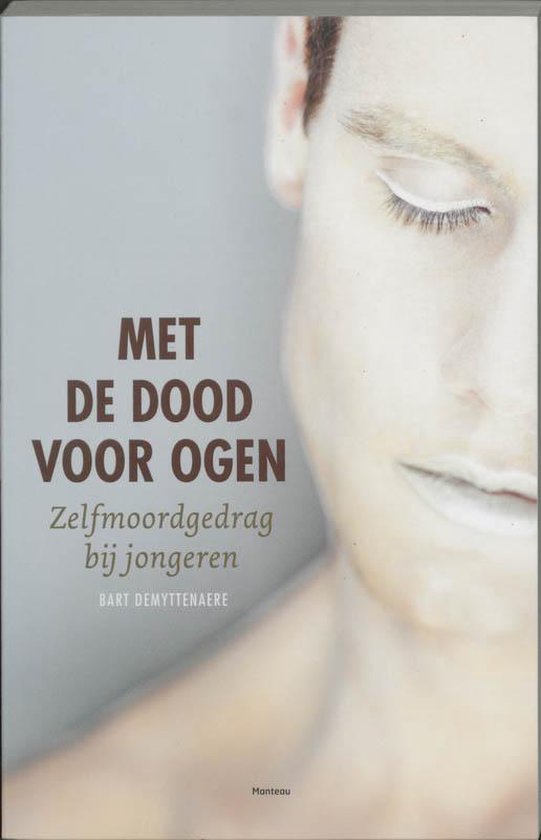

Majid Mirzaee Ghazani, Reza Khosravi, Sasan BarakĢ Years into the Pandemic: What Did We Learn About the COVID-19 and Cerebellum?Īasef G. Nexus of COVID-19 and carbon prices in the EU emission trading system: evidence from multifractal and the wavelet coherence approaches Voth Schrag, Sarah Leat, Bethany Backes, Saltanat Childress, Leila WoodĮnvironmental Science and Pollution Research “So many extra safety layers:” Virtual service provision and implementing social distancing in interpersonal violence service agencies during COVID-19 The Hybrid Incidence Susceptible-Transmissible-Removed Model for Pandemics SARS-CoV-2 vaccine-associated subacute thyroiditis: insights from a systematic review Journal of Endocrinological Investigation Shaojun Jiang, Meina Lv, Zhiwei Zeng, Zongwei Fang, Mingrong Chen, Jiafen Qian, Tingting Wu, Wenjun Chen, Jinhua Zhang Williams, Matthew CoatesĮfficacy and safety of app-based remote warfarin management during COVID-19-related lockdown: a retrospective cohort study Kofi Clarke, Matthew Pelton, August Stuart, Andrew Tinsley, Shannon Dalessio, Nana Bernasko, Emmanuelle D. Utilization research in medical sociology serves as a case for reviewing theoretical approaches to decision making and provides the background necessary to a theoretical exposition of the SOS approach using data from the National Survey of Access to Medical Care (1975-76.) The results support the utility of pursuing the SOS framework.COVID-19 Vaccine Hesitancy in Patients with Inflammatory Bowel Disease This approach shifts the from individual "choice" to socially constructed patterns of decisions, including consultation with others.

This orientation, a network and event-centered counterpart to rational choice, rests on fundamental principles that distinguish the discipline of sociology: social interaction is the basis of social life, and social networks provide the mechanism (interaction) through which individuals learn about, come to understand, and attempt to handle difficulties. The social organization strategy (SOS) framework presented in this article offers a complementary approach to social action in general and decision making in particular. While this orientation to building transdisciplinary, multilevel models provides many insights, it fails to capture essential features of social life. Some recent approaches start with and revise an individually focused, rational action framework. A classic problem common to sociology and other social sciences revolves around how people make decisions.


 0 kommentar(er)
0 kommentar(er)
